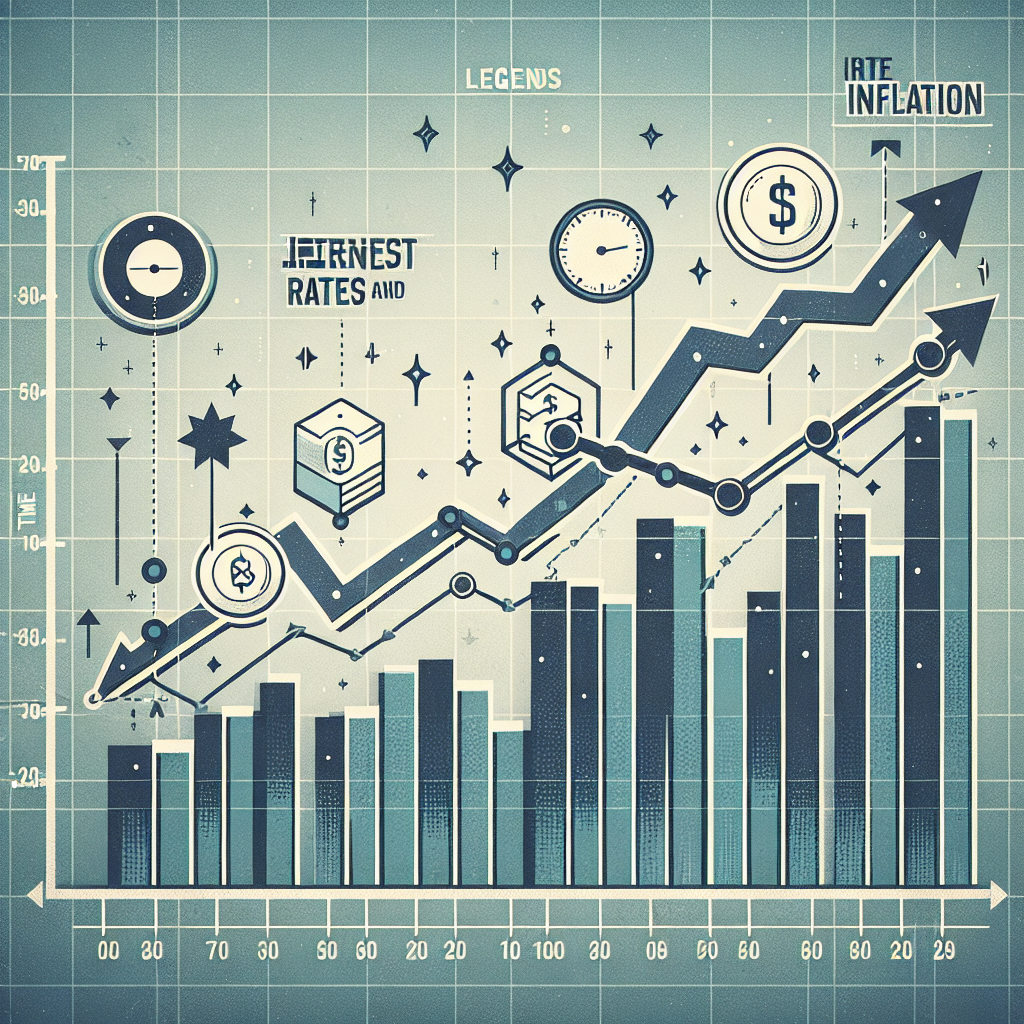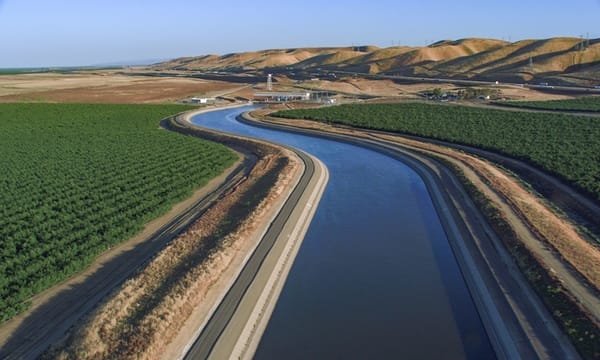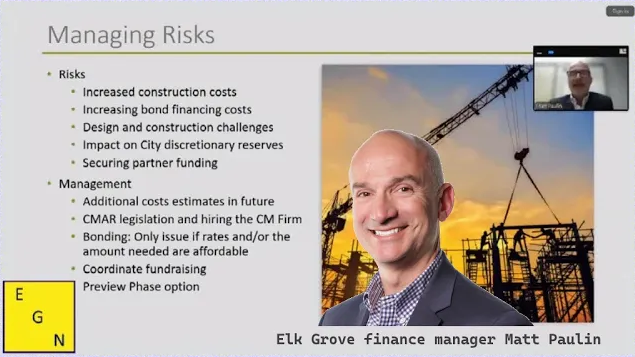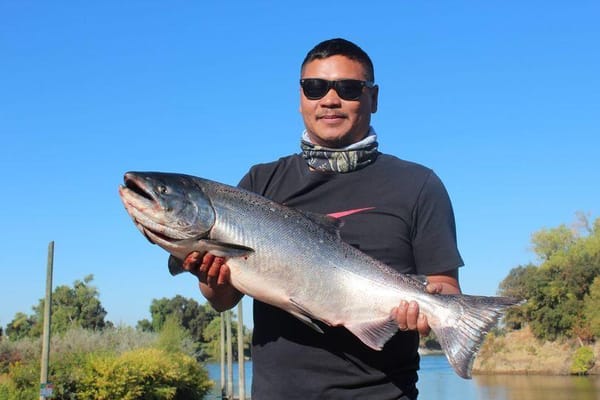Possible effects of Trump's tariffs, interest rates might have on Elk Grove's $300 million zoo project
While the former president's economic policy had its share of critics, Biden's policies offered businesses and the economy a degree of orthodoxy.

As Elk Grove Mayor Bobbie Singh-Allen and her four city councilmen inch forward on her ambitious $300 million Elk Grove-Sacramento Zoo project, the initiation of construction hinges on two key factors.
The first is the Sacramento Zoological Society's ability to raise $50 million in cash, not pledges, and turn it over to the city. We have already seen the city play fast and loose (see video below) with its communications about how much cold, hard cash it has received.
In this environment, it will not be surprising to see Singh-Allen absolve the SZS of the $50 million requirement if only to keep the project advancing while burnishing her reputation.
That brings us to the other pressing matter - interest rates. As the city's former finance manager, Matt Paulin, testified one year ago yesterday, interest rates are a linchpin to the project's viability.
Paulin correctly predicted that interest rates would drop last year before he left his city job. Since then, the rate has fallen by one percent, which is favorable to the city.
However, Paulin made his prediction during the Biden administration. While the former president's economic policy had its share of critics, Biden's policies offered businesses and the economy a degree of orthodoxy.
Under Trump's whipsawing economic and tariff policies, predictions about future interest rates and economic growth are about as easy as picking what teams will appear in Super Bowl LXXV (75) and what player will be the MVP. In other words, it's a shot in the dark.
Nonetheless, there is consensus that if Trump follows through on his tariffs, as of today at least, consumers can expect inflated prices. That, in turn, could force the Federal Reserve to not only curtail rate cuts, which is what Trump is demanding of Federal Reserve Chair Jerome Powell but also, as we saw with COVID-19, excessive inflation.
Furthermore, there is concern that the American economy could return to the situation faced by the administrations of Gerald Ford and Jimmy Carter in the 1970s. That is the state of stagflation - a condition characterized by anemic or declining growth alongside inflation.
This uncertain environment makes Mayor Singh-Allen's decision about the issuance of $114 million taxpayer-backed bonds a risky proposition.
On the one hand, if Trump's tariffs persist, the American economy, as he claims, could experience unprecedented growth. Most economists and consumers see this as a fantasy.
However, if Trump rescinds the tariffs, interest rates could fall, making the bond market more favorable for the issuance of zoo construction bonds. Of course, the opposite could happen.
Tariffs could be enforced, and consumer prices and interest rates would be ratcheted up. That would increase bond interest rates, and combined with the fact that many construction materials for the zoo will be imported, the project cost will rapidly escalate, making it unfeasible.
Naturally, as we have seen with Mr. Trump, he gives little thought to long-term planning and acts on moment-to-moment whims. So tariffs could end up on a daily cycle of on today, off tomorrow, which hampers effective and practical business decisions.
While no one can accurately predict future interest rates or economic growth while Trump occupies the Oval Office, one thing is predictable regarding Elk Grove's zoo project. Notwithstanding a possible drop in sales tax receipts by the city, if Elk Grove Mayor Singh-Allen pursues the project while Trump is president, she will be putting taxpayers at unnecessary risk.



